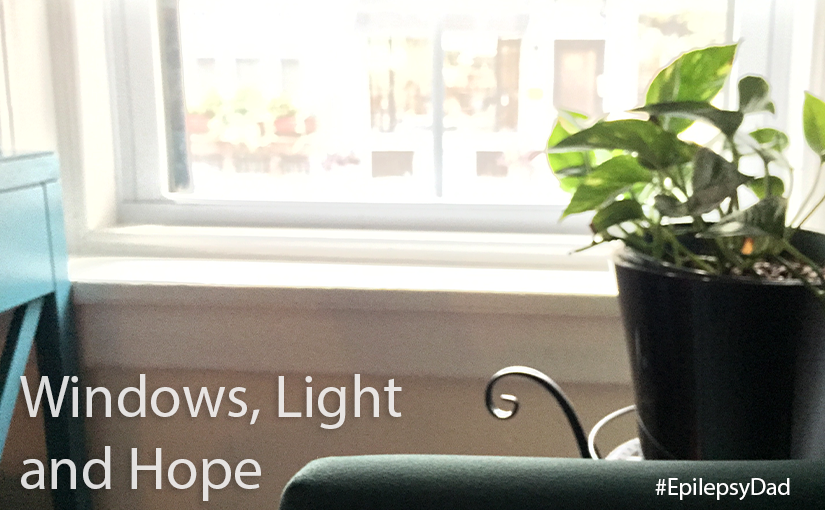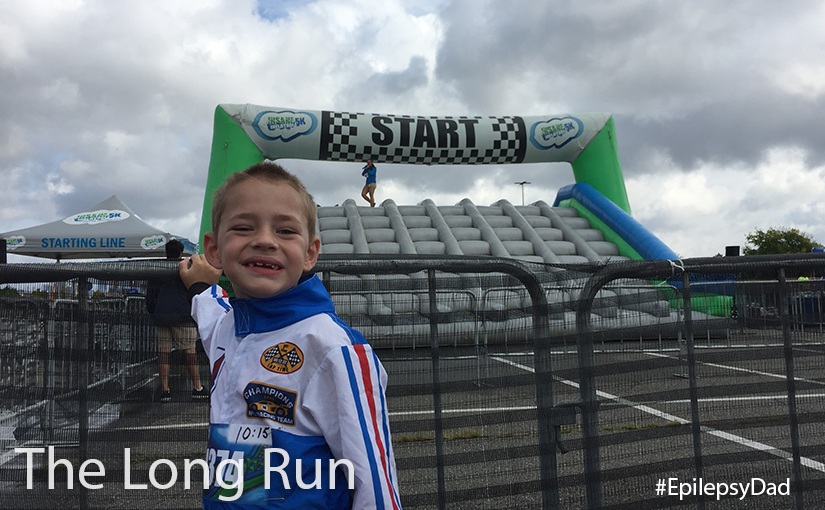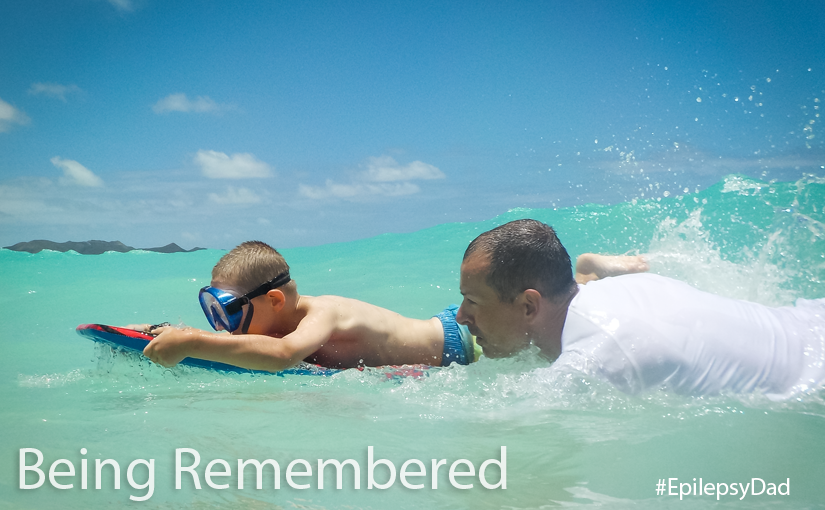The last few months have been all about change. After a long search, I found and started a new job. We sold the house that we lived in when my son was born back in Colorado. And next month, we’re leaving the apartment we landed in when we moved to Philadelphia.
This is the apartment we lived in when my son’s seizures and side effects were at their worst. The couch by the front window is where we held him for hours during his mood and behavior. I would sit on this couch and stare out the window at the street as he spat, and hit, and screamed terrible things. I would watch the people walk by, normal families with normal lives doing normal things. I wondered if that would ever be us again.
I felt like the world was watching us from the other side of that window, too. We were in full view of the passersby who could see how ill-equipped and unprepared we were for what was in front of us. They saw us sitting on the couch reacting out of fear and desperation. They saw every mistake my wife and I made dealing with our son and with each other.
The way our apartment is laid out, the window by the couch is the only source of natural light. In an otherwise dark apartment during a very dark time, there was no other place to go. So we sat in view of the world outside so that we could see it and let in whatever light we could. We traded agony and exposure for light.
But sitting on that couch and in that light also gave us hope. No matter how dark our apartment and our life got, we could see that there was more. As our son fought against us, we could close our eyes and feel the light on our face and hope.
After a seemingly endless struggle, hope won out. Our son came back to us. He was weathered, as we all were, and different, and stunted in some ways, but he was our boy. Instead of holding my son on that couch to protect him, he would sit next to me reading or playing on his tablet. Instead of me staring at the people walking by with envy or feeling judged by them, I felt like we could join them.
Eventually, we did join them. And now, we’re taking the next step in our journey. We’re not moving to a new place with a blank slate. Our son still has seizures. He still suffers from the side effects of his medicine and the damage that they and his seizures did. We’re bringing our scars with us. But we’re bringing his progress, too. We’re bringing the lessons we learned and the closeness we feel from having survived it. And we’re moving into a place that is full of windows, and light, and hope.







